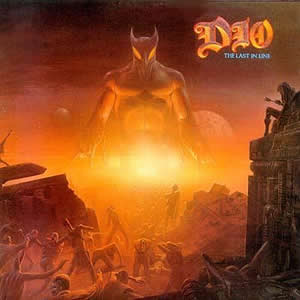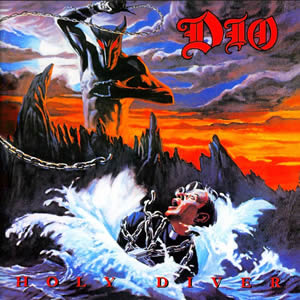The Last In Line by Dio
Buy The Last in Line After stints in several rock groups, Ronnie James Dio found his popular groove in the early eighties with the founding of the group, Dio. Although this band was […]

Buy The Last in Line After stints in several rock groups, Ronnie James Dio found his popular groove in the early eighties with the founding of the group, Dio. Although this band was […]

Buy Holy Diver Holy Diver is the 1983 debut studio album by Dio, led by veteran rock vocalist Ronnie James Dio. Drawing on the influences of multiple contemporaries in pop and rock music, […]